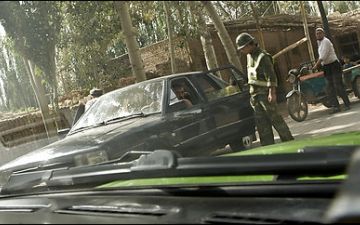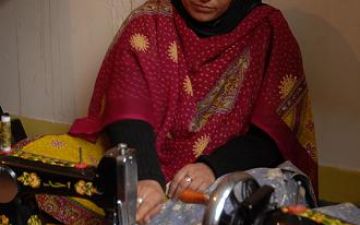War in the Heart of India
"Ram, Ram, oh Ram," Chandan whispered to himself, moments after asking me to pray to my own God. He and Arvind, the other local journalist who accompanied me into the bush, held their heads down and closed their eyes, not wanting to accept the random turn of events, the prospect of a grim and pointless death.




